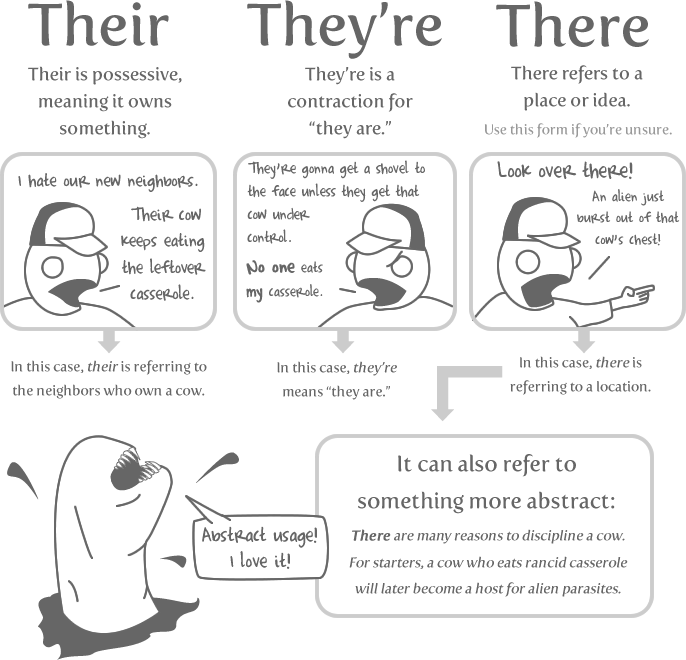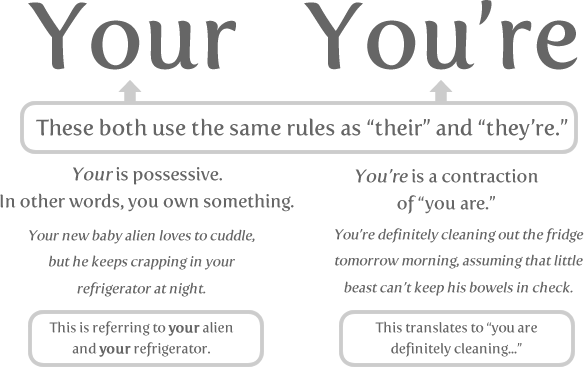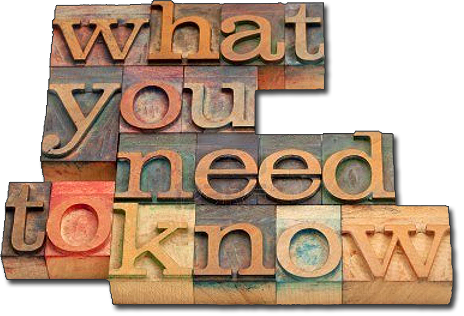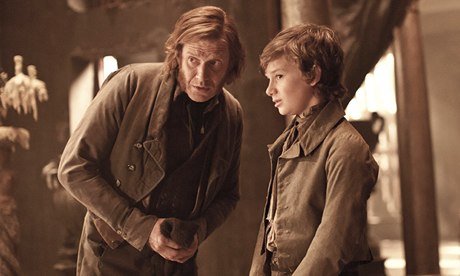








Below is a table containing the words that make all the difference in a competent user of English, because according to James I. Brown, Professor of Rhetoric at the University of Minnesota, in his book Programmed Vocabulary, they contain the twenty most useful prefixes and the fourteen most important roots in our language. These constituent parts make up over 14,000 words in a collegiate dictionary size or close to an estimated 100,000 words in an unabridged dictionary. In other words, you should know these words and understand why they mean what they mean since doing so will grant you a superior vocabulary. Click it for a slightly larger view.

If you’re looking for a book to challenge yourself with this summer (on top of summer reading), peruse this list. Each of these works is very meaty, deep in meaning, ambiguous enough for interpretation, yet forceful enough to have had a lasting impression on Western culture. Some are old; some are new. There are writers of all nationalities included here, and the books’ years of publication range from the 16th century to today. They have nothing in common other than the fact that they’re all legit literature. Look a few up on Wikipedia; read the first chapter/scene: get a feel for the work. If you find one that grabs you, read it in a scholarly way. You’ll enjoy it more anyway if you grab onto some big theme early on. Plus, you’ll remember it all the better. I’ve intentionally avoided listing books that are already a part of SPHS’s assigned reading, so this is a deeper cut of works. (A note of caution to sensitive minds: Some of these stories do include some sketchy content, so read at your own peril.)
Are you uncomfortable with ambiguity? It’s a common condition, but a highly problematic one. The compulsion to quell that unease can inspire snap judgments, rigid thinking, and bad decision-making.
Fortunately, new research suggests a simple antidote for this affliction: Read more literary fiction.
A trio of University of Toronto scholars, led by psychologist Maja Djikic, report that people who have just read a short story have less need for what psychologists call “cognitive closure.” Compared with peers who have just read an essay, they expressed more comfort with disorder and uncertainty—attitudes that allow for both sophisticated thinking and greater creativity.
“Exposure to literature,” the researchers write in the Creativity Research Journal, “may offer a (way for people) to become more likely to open their minds.”
Djikic and her colleagues describe an experiment featuring 100 University of Toronto students. After arriving at the lab and providing some personal information, the students read either one of eight short stories or one of eight essays. The fictional stories were by authors including Wallace Stegner, Jean Stafford, and Paul Bowles; the non-fiction essays were by equally illustrious writers such as George Bernard Shaw and Stephen Jay Gould.
Afterwards, each participant filled out a survey measuring their emotional need for certainty and stability. They expressed their agreement or disagreement with such statements as “I don’t like situations that are uncertain” and “I dislike questions that can be answered in many different ways.” Continue reading
Have you ever felt that reading a good book makes you better able to connect with your fellow human beings? If so, the results of a new scientific study back you up, but only if your reading material is literary fiction; pop fiction or non-fiction won’t cut it.

Empathy occurs in the spaces between characters, such as Joe and Pip in Great Expectations. Photograph: Moviestore/Rex Features
Psychologists David Comer Kidd and Emanuele Castano, at the New School for Social Research in New York, have proved that reading literary fiction enhances the ability to detect and understand other people’s emotions, a crucial skill in navigating complex social relationships.